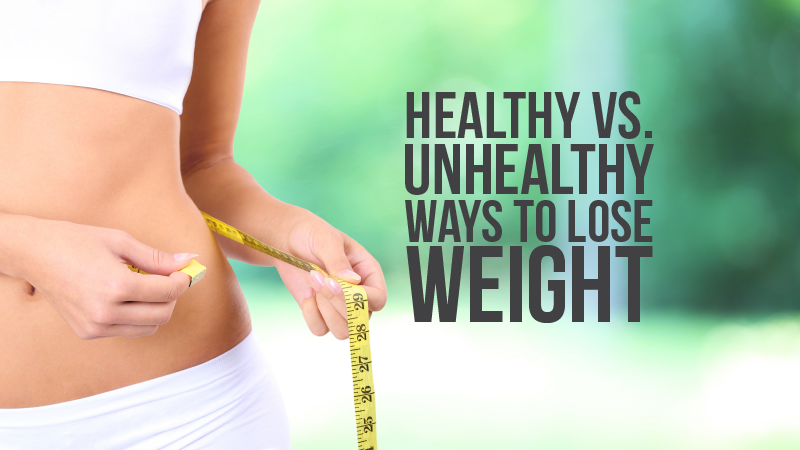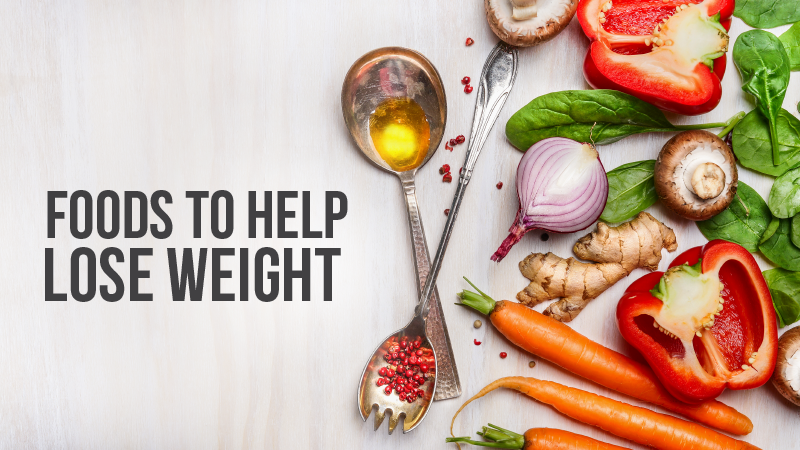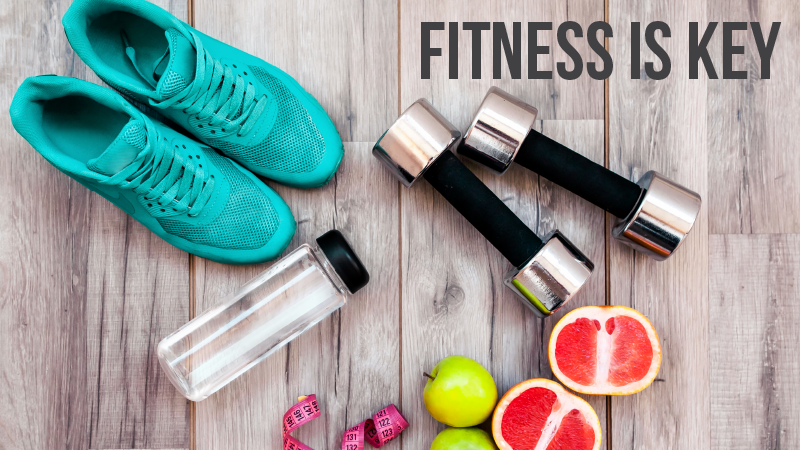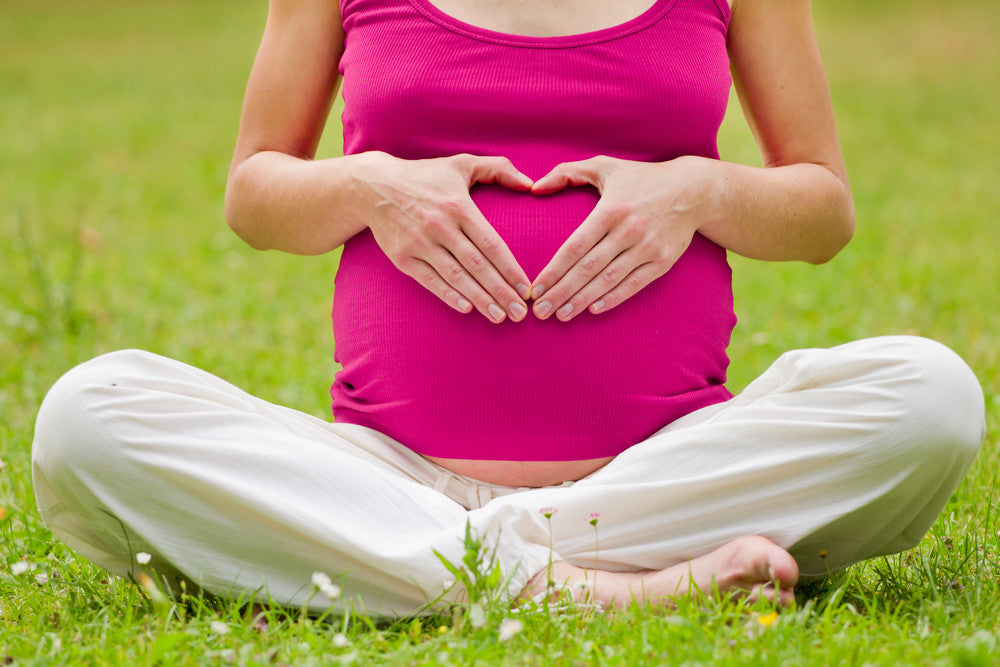
Does Hula Hooping Work for Weight Loss?

Losing weight can help you deal with many health problems such as high blood pressure, cholesterol, and blood sugar. Weight loss can also help improve cardiovascular health as well as bring about improvements in breathing and circulation. However, understanding healthy ways to lose weight and maintain that weight loss is often overlooked. Fad dieting and fitness trends, have made it difficult for people looking to lose weight to know not just where to start with their weight loss journey, but also what will actually work in the long-run.

Healthy vs. Unhealthy Ways to Lose Weight
Those looking to lose weight often are looking for quick ways to shed pounds. However, many popular diets and weight loss practices are unhealthy. Extreme dieting, such as fasts or diets that cut out essential food groups such as carbohydrates or fats completely, are result in just temporary results with participants usually gaining back any weight they have loss once they end their diets. Quick fix diets and strenuous exercise can lead to faster weight loss; however, studies show that those that lose weight gradually, about 1-2 pounds per week, were able to successfully keep the weight off. This could be because gradual weight loss routines turn into healthier lifestyle choices and tend to turn into more long-term diet and fitness routines. Whereas, dieting and massive exercise routines tend to only last for a short period of time.
The best way to lose weight and maintain that weight loss is to have a nutritious and well-balanced diet that is supplemented with regular exercise. Even just a small amount of weight loss can bring about many benefits that go beyond physical health. According to the National Weight Control Registry, those that reported to have maintained their weight loss found that not only did their physical health improve but also their mental health. Participants in the study reported having higher energy levels, improved mood, and more self-confidence.

Foods to Help Lose Weight
If you are looking to shed some weight a healthy diet can help get you to your goal much quicker. Although regular physical activity is important, diet is about 75 percent of what contributes to weight loss. According to studies, those that maintained a healthier diet often saw weight loss results quicker than those that relied on exercise alone. The general rule is to use up more calories than you take in, so that if you want to lose 1-2 pounds a week you will need to burn about 500- 1,000 calories more than you take in per week. Counting calories is not the only thing you should take into consideration with your diet. To stay successful on a weight loss journey, you would need to think about the nutritional value of your foods and be mindful of what you consume. Consuming certain foods will also help with weight loss and can help improve your overall health.
Experts recommend eating a diet rich in fruits and vegetables as well as lean meats and whole grain carbs. These foods will not only nourish you but keep you full longer and curb your appetite, so that you are able to cut down on snacking. Eating lean meats with little fat and whole grain carbs will give you energy that can sustain you throughout the day. Foods rich in vitamins and fiber such as leafy greens are essential in a weight loss diet. Incorporating greens such as lettuce, kale, and spinach can also help you feel full in between meals for longer because of their high fiber content. Also, foods that have high water content can also help you shed some pounds. Often people tend to snack throughout the day because they confuse the feeling of being thirsty with the feeling of hunger.
Drinking a lot of water is also key to losing weight as well as staying healthy in general. Most people should be drinking about eight 8-ounce glasses of water everyday, but that will fluctuate depending on weight. The body is about 60 percent water and staying hydrated can help your health in more ways than just weight loss. Hydration helps with clearer skin and stronger hair and nails. Enough water also ensures a healthy digestive system.

Fitness Is Key
While diet plays a big role in weight loss, regular exercise will help facilitate losing weight and you will see improvements in other facets of your health. Creating an exercise routine and scheduling that time like you would any other appointment can help you feel more motivated for physical activity. For weight loss, you want to focus on cardio and strength training routines with a few recovery days where you skip working out or have low impact fitness such as yoga to help restore your muscles. Cardio workouts are the best for losing weight because they burn the most calories.

Does Hula Hooping Help?
Hula hooping for weight loss is especially beneficial for getting rid of that stubborn belly fat as it activates the muscles around your waist as well as your core. The workout has the same benefits as other aerobic workouts such as zumba or pilates. The repeated motion of swinging your midsection and hips helps to keep these targeted muscles moving.
According to a 2010 study by the University of Wisconsin-La Crosse, hula hooping can burn about seven calories a minute. That means in just ten minutes you already would have burned about 70 calories, all the while having a fun workout.
The same study found that hula hooping is also a great cardiovascular exercise as participants in the study averaged 151 heart beats per minute while engaging in the activity. Cardiovascular workouts such as hula hooping not only help you lose weight but also keep you in overall good health as it gets your heart pumping and circulating to ensure you have a healthy system.
Weight loss is not all about seeing the numbers on a scale reduce. Weight loss is about adopting a new healthier lifestyle and successful weight loss comes with making drastic changes to your everyday routine. However, with careful planning and self-discipline getting to a goal weight and maintaining it can become easier with time. Healthy eating and regular physical activity are the key components to successful weight loss in the long-run.


Leave a comment
This site is protected by hCaptcha and the hCaptcha Privacy Policy and Terms of Service apply.